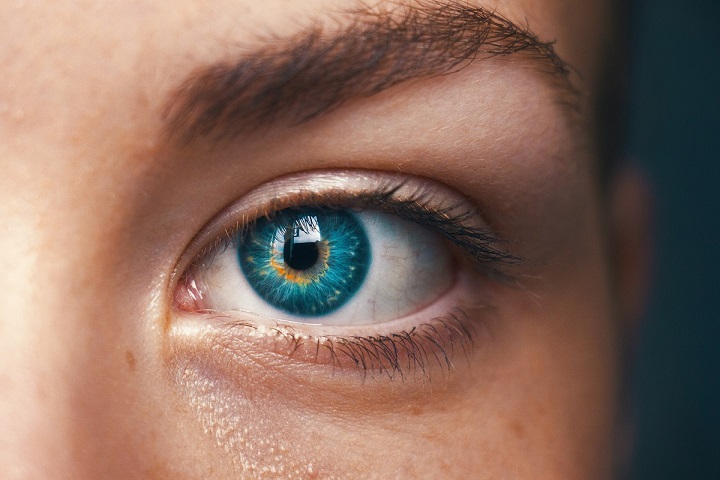
Photo by Amanda Dalbjörn on Unsplash
Artificial intelligence, or AI, has been hogging the headlines recently. Students pass exams using ChatGPT; a photographer won an international competition with an AI-generated image.[1] And with the coming of age of generative artificial intelligence, 75% of companies say they will be adopting some form of it, according to the latest research from the World Economic Forum.
But as sure as night follows day, claimants will challenge the march of the bots in the courts.
Streaming platforms last month removed a song that used AI interpretation of real-life performers Drake and The Weeknd. The song went viral, but shortly afterwards, the creator, known as @ghostwriter, said that AI trained on the artists’ voices made the song Heart On My Sleeve. As a result, streaming platforms, including Spotify and Apple Music, swiftly removed the song on copyright grounds.
Over recent months, global music publisher Universal Music Group has demanded that platforms take down any AI-generated songs. They have requested platforms to cut off access to their music catalogue to stop developers from using Universal’s songs to train AI technology.
Getty Images has taken legal action against one of the emerging text-to-image AI software companies. Users enter instructions for an image to be created by the software, and Getty is arguing that millions of its images have been used to train the AI, so infringing Getty’s copyright.
Unlike Getty, the image library Shutterstock is actively embracing AI. It has chosen to partner with developers for AI learning. In addition, it offers customers access to AI-generated images on its platform, saying this offers greater confidence as it provides a user licence for such images.
Victoria Holland, head of corporate and commercial at RIAA Barker Gillette, said:
“Whether the Getty case or the @ghostwriter AI-created song prove to be a breach of copyright is yet to be decided, but for now the law is racing to catch up with technology,
One of the promises of generative artificial intelligence is to provide creative output for even the most un-creative, but for now, it may equally be a doorway into a quagmire of legal complication. It’s not just the copyright issue that users must consider; they must also recognise that the output from generative AI can be factually incorrect or fabricated.
The quality of the training data and how a user frames a request can create very different results.
In one instance, a regional mayor in Australia was said by ChatGPT to have been involved in fraudulent activity, when he had actually been the whistleblower in the case and it was reported that he was considering a defamation claim against developer OpenAI.
Victoria added:
“The jury is out on the bigger picture of whether AI is a glorious opportunity or an existential threat to society. We’ve seen Elon Musk speak out against its wholesale adoption. Geoffrey Hinton, the so-called godfather of AI, resigned from Google, saying he now regretted his work.
For now, companies and individuals may be well advised to keep a tight rein on their creative use of artificial intelligence.”
Call Victoria Holland today if you have any queries regarding artificial intelligence.
Note: This article is not legal advice; it provides information of general interest about current legal issues.
[1] Boris Eldagsen submitted an AI-generated image titled ‘Pseudomnesia: The Electrician’ to the Sony World Photography Awards 2023. As a result, he won first prize in the creative, open category, later declaring his action and refusing the award.
